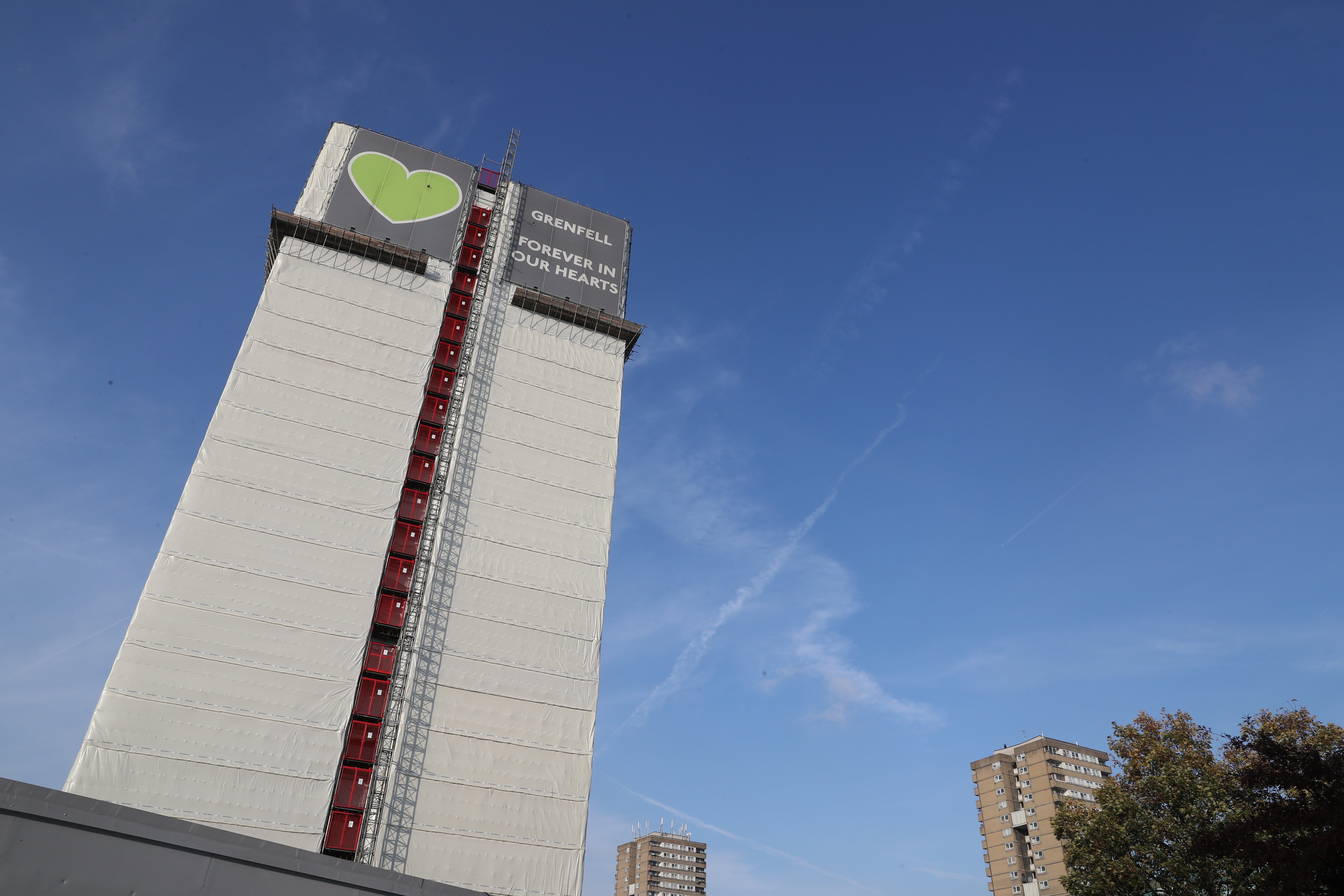Big property developers face levy to pay for removal of dangerous cladding
Developers with more than £25 million in profit will be taxed at a 4% rate, the Chancellor said.

Your support helps us to tell the story
From reproductive rights to climate change to Big Tech, The Independent is on the ground when the story is developing. Whether it's investigating the financials of Elon Musk's pro-Trump PAC or producing our latest documentary, 'The A Word', which shines a light on the American women fighting for reproductive rights, we know how important it is to parse out the facts from the messaging.
At such a critical moment in US history, we need reporters on the ground. Your donation allows us to keep sending journalists to speak to both sides of the story.
The Independent is trusted by Americans across the entire political spectrum. And unlike many other quality news outlets, we choose not to lock Americans out of our reporting and analysis with paywalls. We believe quality journalism should be available to everyone, paid for by those who can afford it.
Your support makes all the difference.Large construction companies will be charged an extra levy to raise a £5 billion fund to remove unsafe cladding from high-rise buildings.
The Government has decided to charge property developers with profits over £25 million at a rate of 4%.
It will help to create a fund that can be used to remove cladding put up on high-rise buildings across the UK but which was found to be unsafe after the Grenfell Tower disaster in June 2017.
Speaking to MPs Chancellor Rishi Sunak said: “We’re confirming £5 billion to remove unsafe cladding from the highest-risk buildings partly funded by the Residential Property Developer Tax, which I can confirm will be levied on developers with profits over £25 million at a rate of 4%.”
Accountability should fall squarely on those who overlooked the potential hazards of unsafe cladding in the first place
Many homeowners have been left facing potentially ruinous bills after they discovered that cladding on their homes could be dangerous.
Mary-Anne Bowring, managing director at the property management consultancy Ringley Group, said: “A blanket tax on developers is fairer than leaving leaseholders to shoulder the burden but it is still a blunt instrument to use to fix the cladding crisis.
“Fundamentally, accountability should fall squarely on those who overlooked the potential hazards of unsafe cladding in the first place.”
The Chancellor also announced £11.5 billion to build up to 180,000 affordable homes and an extra £1.8 billion to bring 1,500 hectares of brownfield land into use.
James Forrester, the managing director of estate agent Barrows and Forrester, said: “Time and time again we’ve seen the government pledge to fix the housing market using recycled rhetoric and funding from previously announced initiatives.
“Today was no different and, reading between the lines, we can expect to see them continue to over-promise and under-deliver in their attempts to address the housing crisis.
“While Boris Johnson might not be a fan of recycling, his chancellor certainly is, and so the 180,000 new homes pledged today is certainly no step forward.”
“The only bone thrown to a nation of ravenous homebuyers starved of housing stock has been a scrap of properties built on brownfield sites.”